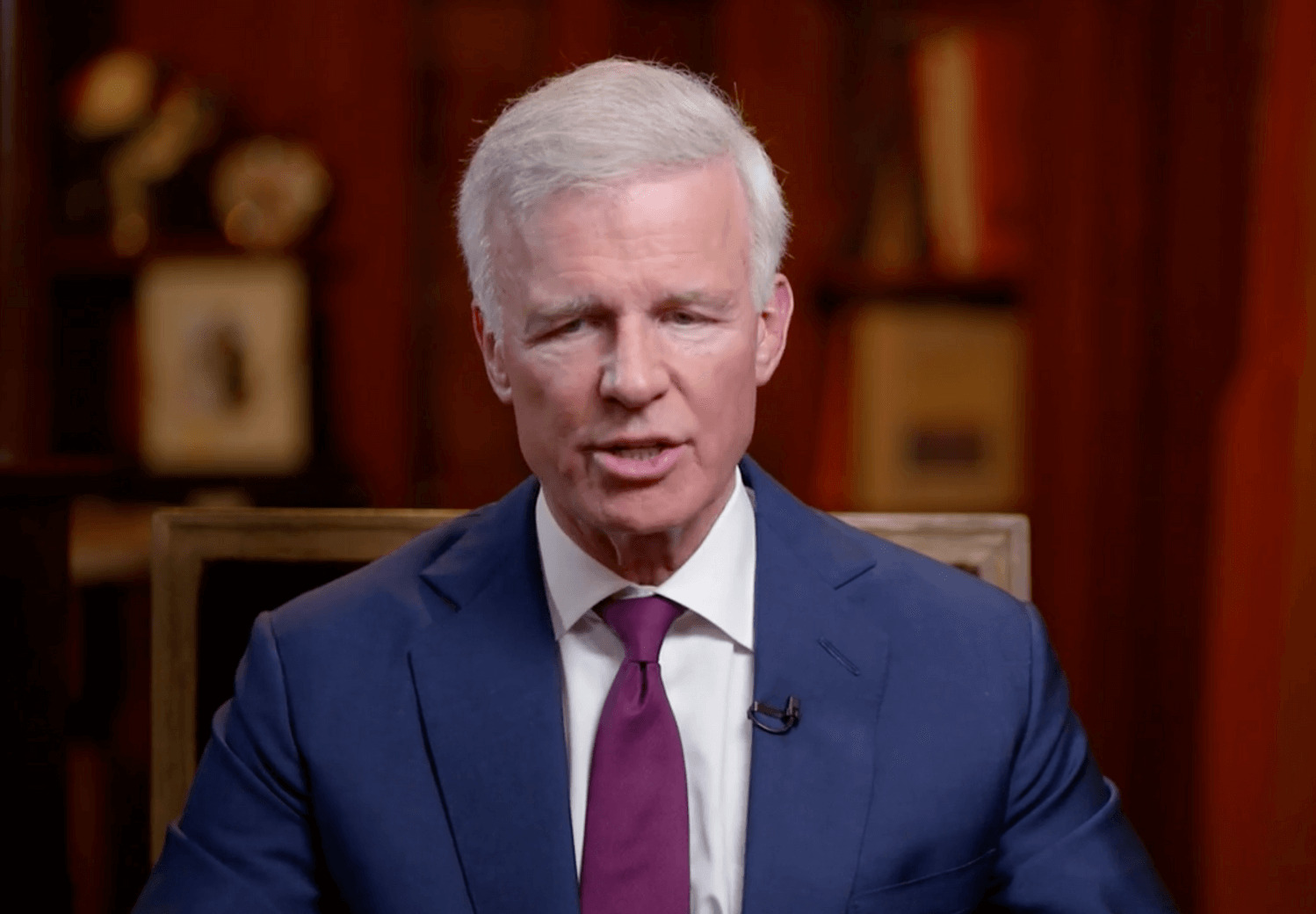Summary:
“We are in an era where truth is under assault.” Fred’s chilling words lead into high-level insight on technology, misinformation, and falsehoods taking shape in a landscape of modern media.
Thuy
As publisher of The Washington Post, your mission really is to uncover truth. What do you think is the biggest threat to truth right now?

Fred Ryan
Well, we are in an era where truth is under assault from a variety of directions. One is just technology. Technology with all the gifts it's given us, it's also empowered bad players to have ways to spread misinformation and outright lies. And I'm sure you've seen, the data shows that on the Internet, a false story travels faster and wider than the truth. The Internet has been, despite the many things it's done to improve our lives, it's given people who would like to effectively pass on falsehoods, whatever the purpose, if it's to move a financial market or to attack a political opponent or to inflame regional tensions, they are empowered to do that. So one way that the truth is under assault is just from technology, because it's so easy for something to be sent to you or me on our device that looks real and looks legitimate. But it's coming from a bad player.
A second way, the truth is under assault is in the political environment. I think that political figures are realizing that if they can attack factual reporting, accurate factual reporting, it will lessen the attention that people give to it. And if they can quickly claim something is fake news, it prepares people to have lower expectations of what they receive. Now, the good news is we are seeing in record numbers readers and news consumers across the United States, around the world, signing up for credible, trusted news organizations because people are not unaware that there is a lot of false information on the Internet. And as a result, they're seeking out sites and publications that they can trust and they can count on. And that's been one of the reasons The Washington Post has been seeing success lately.
A second way, the truth is under assault is in the political environment. I think that political figures are realizing that if they can attack factual reporting, accurate factual reporting, it will lessen the attention that people give to it. And if they can quickly claim something is fake news, it prepares people to have lower expectations of what they receive. Now, the good news is we are seeing in record numbers readers and news consumers across the United States, around the world, signing up for credible, trusted news organizations because people are not unaware that there is a lot of false information on the Internet. And as a result, they're seeking out sites and publications that they can trust and they can count on. And that's been one of the reasons The Washington Post has been seeing success lately.
Thuy
In fact, your digital subscription subscriptions have more than tripled, correct?

Fred Ryan
They have. Yes, we have seen an enormous surge in subscriptions for a variety of reasons. I think one is we all grew up with the Internet thinking everything on it was true and free, and people are realizing that neither is the case. A second reason is that young people, particularly millennials, have grown up subscribing. They subscribe to Spotify, to Netflix, Hulu. And the idea of a subscription is not foreign to them. So they're subscribing. And also, I think that there's a lot of people who say journalism is expensive, but it's important. We want to support the work. We want to subscribe and become a subscriber.
Related Posts

You Can’t Please Everyone
Vy Tran learned a tough lesson as a first-time manager – you can’t please everyone. Having to “drive accountability” while also being a self-described “people pleaser” required Vy to dig deep and re-think how she communicates with her team.

Failing Forward
Failing forward is an essential skill not just at work but in life. For Vy Tran, learning from her mistakes has made her a more effective and influential leader.

